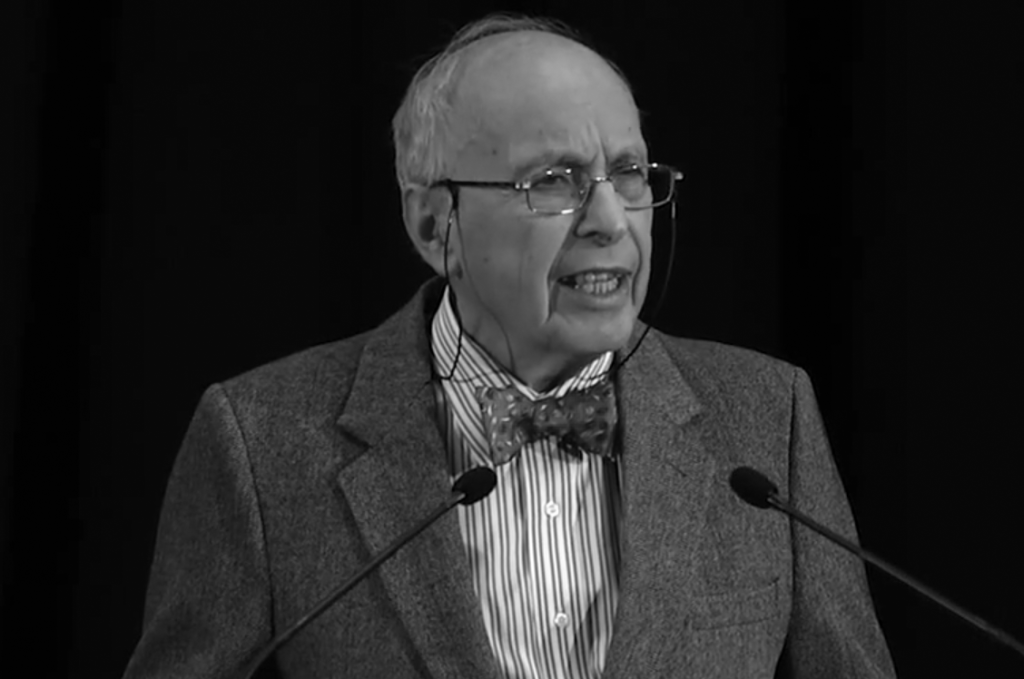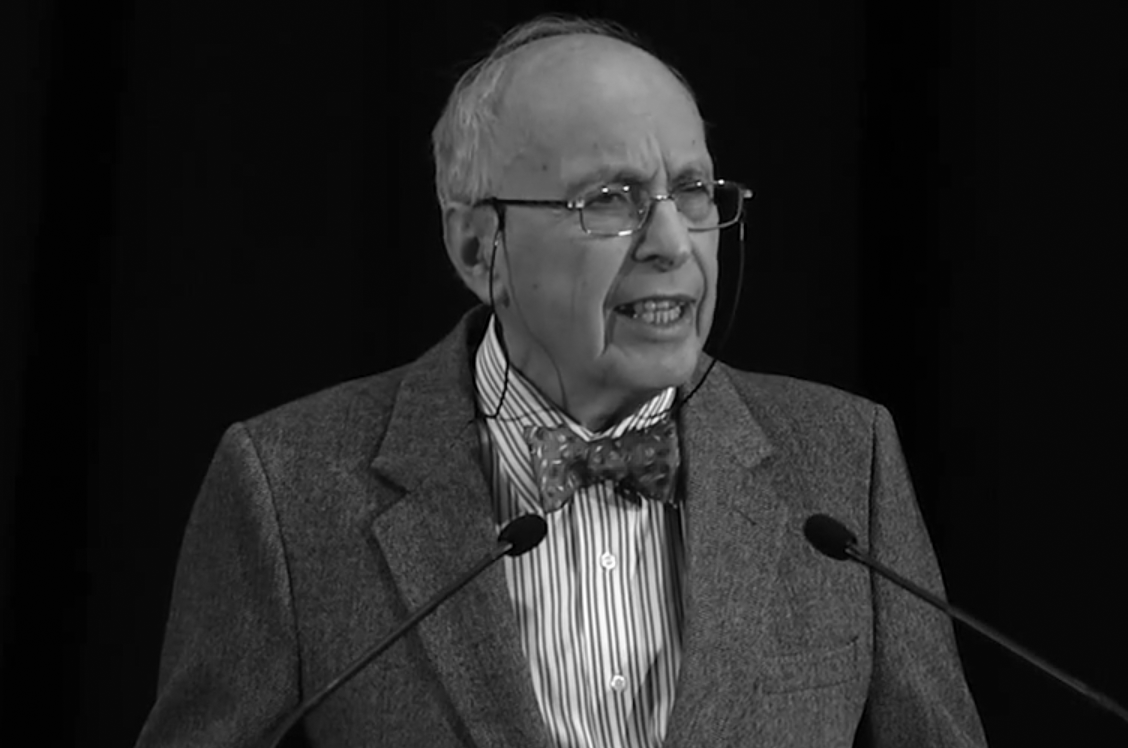
Until quite recently, there was no such thing as the study of Chinese language at Fieldston. Mr. Howard’s Chinese elective course became an option in the mid 1980s, but the Chinese language program did not begin until 2004. Now, it is difficult to imagine Fieldston without Mr. Howard’s China elective or the Chinese students performing their dragon dance during Foreign Language Week. The evolution of China’s presence at Fieldston is a striking journey, and one that parallels China’s integration into global affairs.
There is one Fieldston alumnus that stands out for his presence in Chinese affairs. Jonathan Mirsky, class of 1950, is a well-respected scholar of Chinese history and politics, an author, and a journalist. His reviews appear frequently in the New York Review of Books. Until 1998, Dr. Mirsky was the East Asia editor of the Times of London, a position he gave up when the owner of the paper, Rupert Murdoch, asked him to “go soft” on China. Dr. Mirsky was expelled from the People’s Republic for writing against tyranny in Chinese politics, and for his coverage of the Tiananmen Square Revolution in 1989.
Dr. Mirsky began as a student at Fieldston in the 1940s, a time when teaching Chinese language or history was unheard of in the US, even in undergraduate college programs. After Fieldston he began to study at Cambridge University where a parent of one of his American friends—who happened to be a missionary in China—suggested he learn Chinese. Dr. Mirsky followed the advice and went on to a graduate program at Columbia. The study of Chinese culture and language was so rare in America that while he was at Columbia only 100 students in the US studied Chinese. In 1958, Dr. Mirsky made his first trip to Taiwan with 14 other American students. Once there, he was taught to speak Chinese. In his words, “A trip like this was extremely unusual; no one could go to China in those days.”
Long after Dr. Mirsky’s time at Fieldston and John Love’s tenure as principal, a Chinese language program was created. The school began building several travelling and visiting exchange programs around China. Now, 122 students from both the Upper and Middle Schools take Chinese. In both 2000 and 2005 Mr. Howard led a group of interested students on a trip to China. These trips, in addition to Mr. Howard’s personal voyages to China, proved eye-opening experiences. “I had been a big fan of the Cultural Revolution as a great egalitarian movement,” Mr. Howard told me, “once I got to China, however, and began to talk to people I learned that there had been quite a lot of barbarities and brutality that had been carried out. A professor that lived on the floor above me had been taken by his students and beat up all so the students could prove that they weren’t going along with their old culture. They were desperate to convince themselves that they were good followers of Mao—it was brainwashing.”
Interest in China has continued to grow; last year three students participated in a School Year Abroad program in China. Pablo Tamarin (VI), one of the participants, did not know any Chinese going into the program. “I only went because it was the only SYA where you could go for one semester. As I spent time there and started learning Chinese…I decided to stay for the year. It would have been a shame to quit just as I was getting comfortable.”
There were moments when the differences between the two cultures were readily apparent. “I asked my homestay brother what he wanted to do and he said he wanted to work for the government. That’s the case with a lot of kids, which is so different from Fieldston,” Pablo explained. “I think lots of times education in China will push kids in one direction. It is tailored to the government and math and science, while here it is more tailored to the humanities,” he concluded.
Pablo came away from the experience with much more independence, as well as a strong understanding of the language: “I don’t feel the need that exists at Fieldston to be with my friends all the time. There is some feeling of worth in doing things by myself. Another thing I learned is how to be bored. In China I had a lot more time to sit around and read since YouTube and Facebook [were] blocked. I began to read and write for fun, which I had never done before.”
For Tamar Gordis (VI), another participant on the trip, the School Year Abroad program was an opportunity to refine her Chinese language skills and learn more about the culture. “The biggest difference between China and America was being a part of the minority instead of the majority,” explained Tamar, “I was the only white person in a five-mile radius and the first Jew many of the Chinese had ever met.” Generally, Tamar did not feel in any specific danger from the Chinese government. She was, however, made aware of the extent of censorship through her friend’s experience: “My friend had a mom who is a US government official and his online messages sometimes wouldn’t get through, or were transmitted with asterisks in places. I wasn’t too affected though since I was harmless.”
What struck Tamar most was the difference in the education methods between China and the US. “I spent one week in a Beijing high school,” she said, “and they learned everything through memorization. There was no independent thought; the teacher recited a lesson and the kids would copy it word for word and recite it back for an exam.” There also appeared to be limited information about other country’s histories. “My eight year old host sister said she hated the Japanese,” Tamar tells me, “when I asked her for a reason…she didn’t know why.” The reason, presumably, for that the eight year old’s hatred towards the Japanese was because of the many atrocities they committed in World War II, such as the 1937 Nanking Massacre.
Overall, in visiting China Fieldston students learn to think critically about censorship and economic paradigms, as well as bias in our own education and news. As Dr. Mirsky says, “if students go to China and keep their brains awake, they will see what it’s like to live in a very repressive society. The Chinese are taught a completely bogus version of their own history. It’s as if American students were taught there was no slavery. The Chinese students really believe the Tiananmen Square massacre was an anti-government riot and that police and soldiers were killed. In reality, not a single soldier was killed, while many hundreds of students were murdered. American students who go to China must say, ‘We don’t think that’s what happened.’”
Fieldston students who travel to China do not experience direct censorship, instead they are made aware of tensions inside the government. Traveling to China has allowed students to gain a clearer sense of what is actually happening, and learn the power of human-to-human engagement. As Tamar puts it, “There is never a point when from afar you can say that you know a culture. You must go and live it.”









